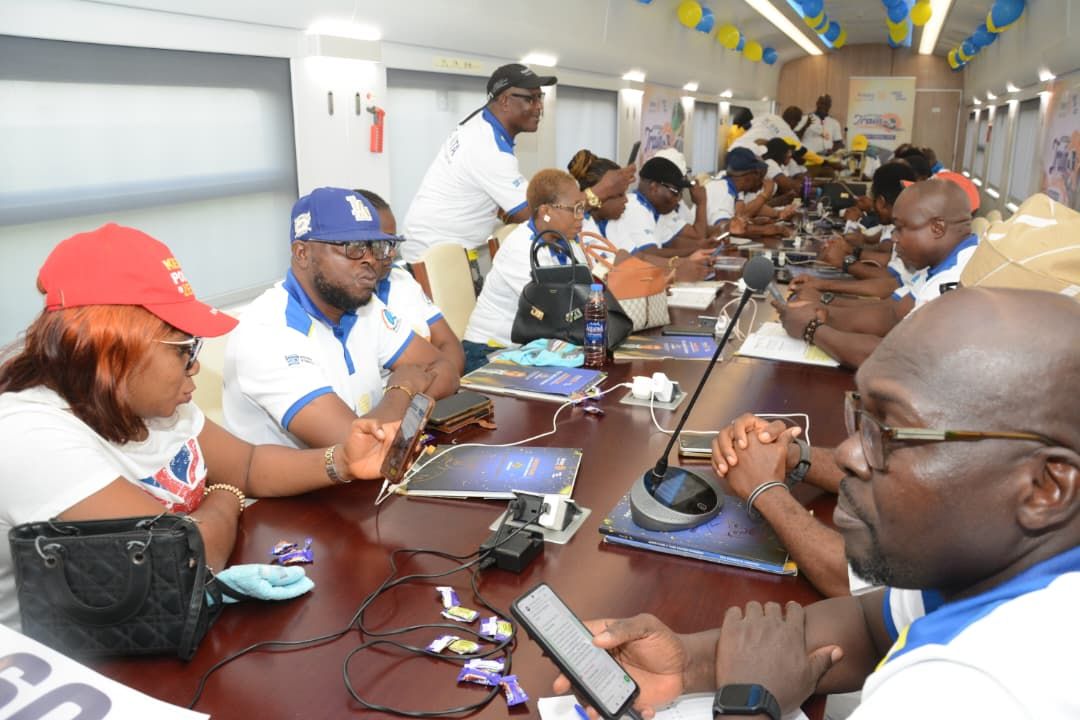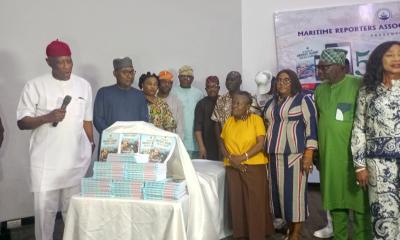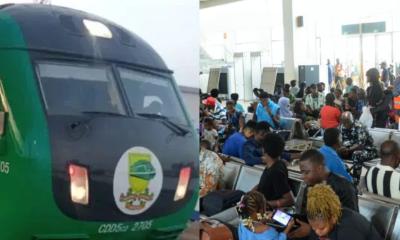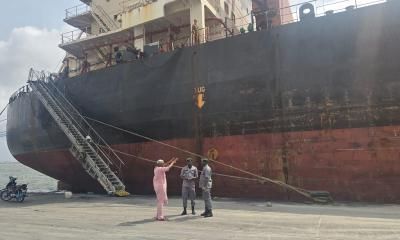Headlines
CRFFN survival hangs in balance as court nullifies collection of POF from Customs Agents

Headlines
Tinubu swears in new IGP, Tunde Disu on Wednesday as Police council endorses his appointment

Headlines
Maersk’s suspension of shipping operations through Strait of Hormuz raises anxiety among Nigerian importers

“We are suspending all vessel crossings in the Strait of Hormuz until further notice,” the Danish group said in an online advisory.“The safety of our crews, vessels and customers’ cargo remains our key priority,” it said.
Iran’s Revolutionary Guard had earlier announced the Strait’s closure.
Headlines
NRC hosts Rotary Club on mobile train


-

 Headlines2 weeks ago
Headlines2 weeks agoFIFA sends Nigeria’s Super Eagles to 2026 World Cup, awards boardroom scoreline of 3 goals to nil against DR Congo
-

 Headlines3 months ago
Headlines3 months agoMARAN pulls industry’s stakeholders to unveil its iconic book on Maritime industry.
-

 Headlines1 month ago
Headlines1 month agoAyobo residents protest deplorable road at LCDA, complain of 10- year neglect by successive local council administrations.
-

 Headlines2 months ago
Headlines2 months agoFG approves 50 percent price slash on Yuletide train services
-

 Customs3 months ago
Customs3 months agoRelief as Customs grants January 31st, 2026 extension for fast track operators to migrate to AEO
-

 Customs2 months ago
Customs2 months agoApapa Customs stretches illicit drug seizures streak with another new year interdiction of 30.1 kg of cocaine on board vessel.

